C+W O’Brien Architects takes an innovative approach to design delivery, emphasising the principle of industrialised design and construction. This revolutionary concept integrates design and construction into a seamless process, like the automotive industry's assembly from a kit of parts.
Industrialised Design and Construction (ID+C) is an approach to building that applies principles from manufacturing and industrial processes to the construction industry.
The goal of ID+C is to improve efficiency, reduce waste and enhance environmental sustainability, enhance quality, and accelerate project timelines by leveraging techniques such as prefabrication and offsite construction. By integrating ID+C into our approach, we’re reshaping the traditional construction process and propelling the industry toward innovation. Our approach to ID+C involves addressing the following key topics.
Next Level Project Delivery

We work with procurement bodies to help set a clear vision and objectives that align with the principles of industrialisation. This includes:
- Defining Goals: Establishing performance targets such as cost, time, quality, and sustainability.
- Stakeholder Engagement: Ensuring all parties are aligned and committed to the industrialised approach.
- Integration Planning: Developing a comprehensive plan that integrates design, procurement, manufacturing, and construction processes.
- Risk Management: Identifying potential risks associated with industrialisation and developing mitigation strategies.

Addressing procurement requires a focus on sourcing materials and components in a way that supports the industrialised process to include:
- Prefabricated Components: Procuring pre-manufactured parts that can be assembled on-site.
- Supplier Collaboration: Working closely with suppliers to ensure the timely delivery of high-quality components.
- Standardisation: Purchasing standardised parts to facilitate easier assembly and reduce complexity.
- Value-based Selection: Choosing suppliers based on their ability to deliver value through innovation, quality, and reliability.
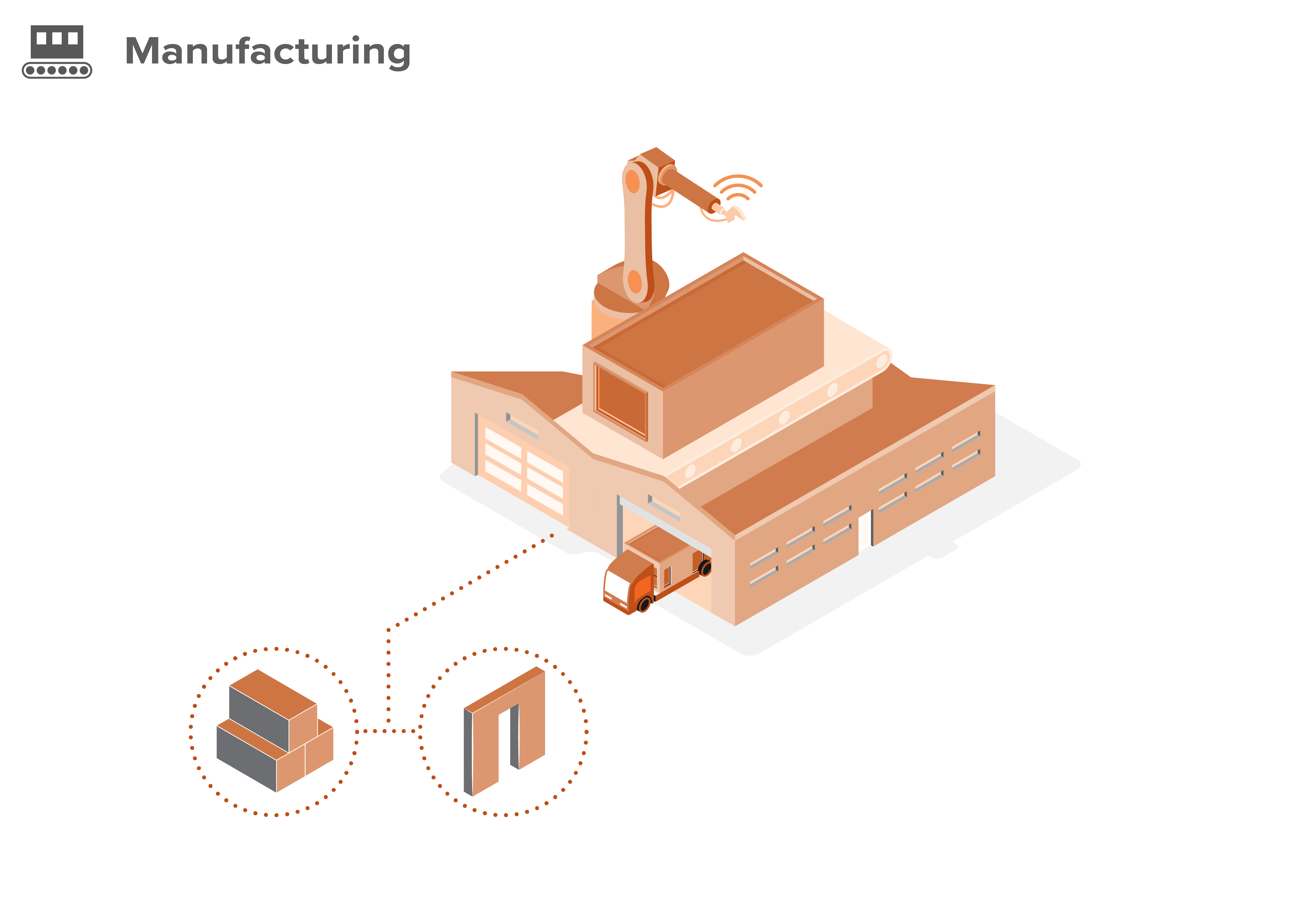
Manufacturing in ID+C applies factory-based production techniques to create building components:
- Automation: Utilising robotics and automated machinery to increase precision and efficiency where possible.
- Lean Manufacturing: Implementing lean principles to minimise waste and optimise production processes.
- Quality Control: Establishing rigorous quality assurance processes to ensure components meet specified standards.
- Mass Customisation: Balancing standardisation with the ability to customise components to meet project-specific requirements.
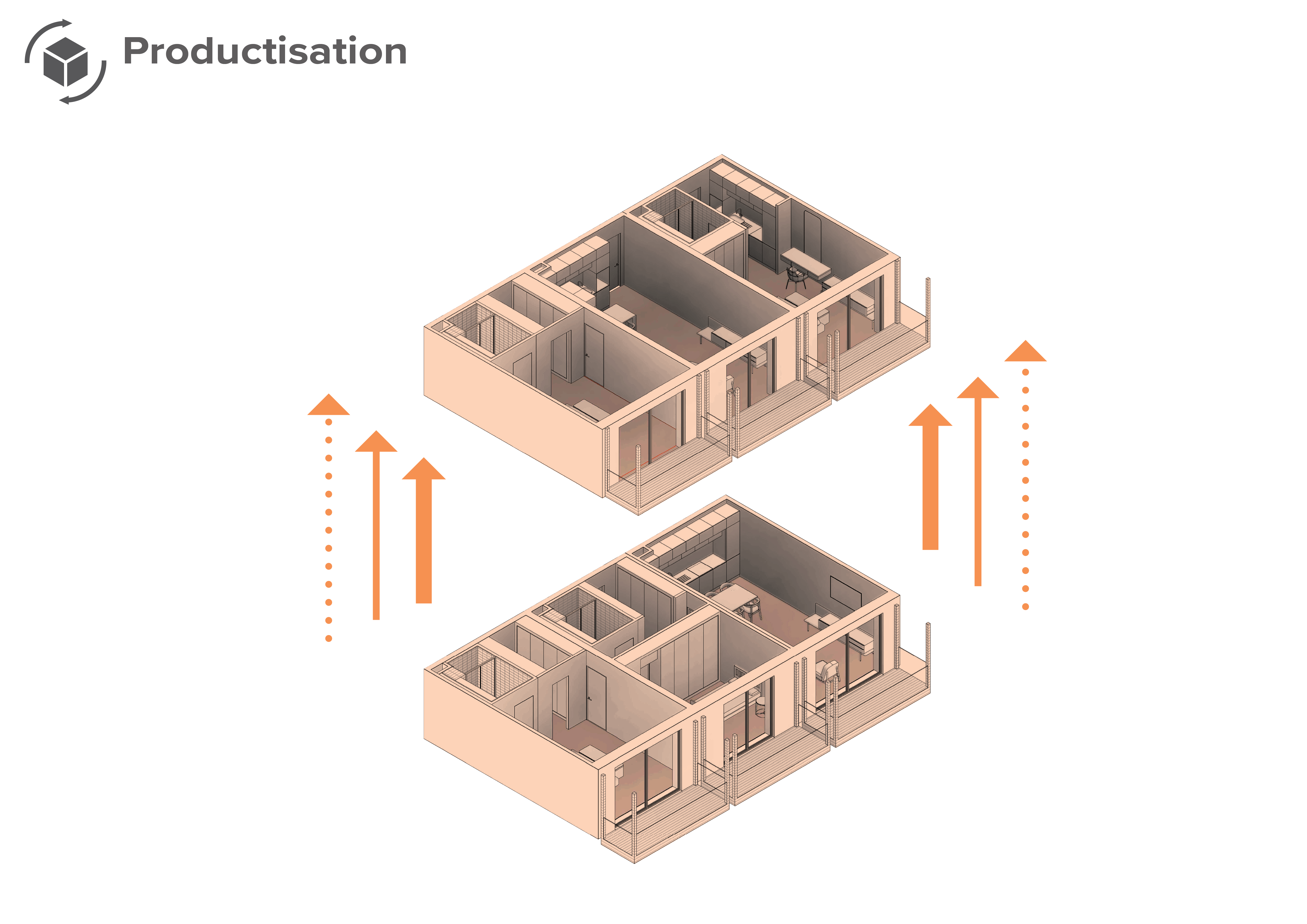
Productionisation involves refining and optimising designs for mass production:
- Design for Manufacturing and Assembly (DfMA): Creating designs that are easy to manufacture and assemble.
- Prototype Testing: Developing and testing prototypes to identify and resolve potential issues before full-scale production.
- Process Standardisation: Establishing standard processes to ensure consistency and efficiency in production.
- Scalability: Ensuring that manufacturing processes can scale up to meet project demands.
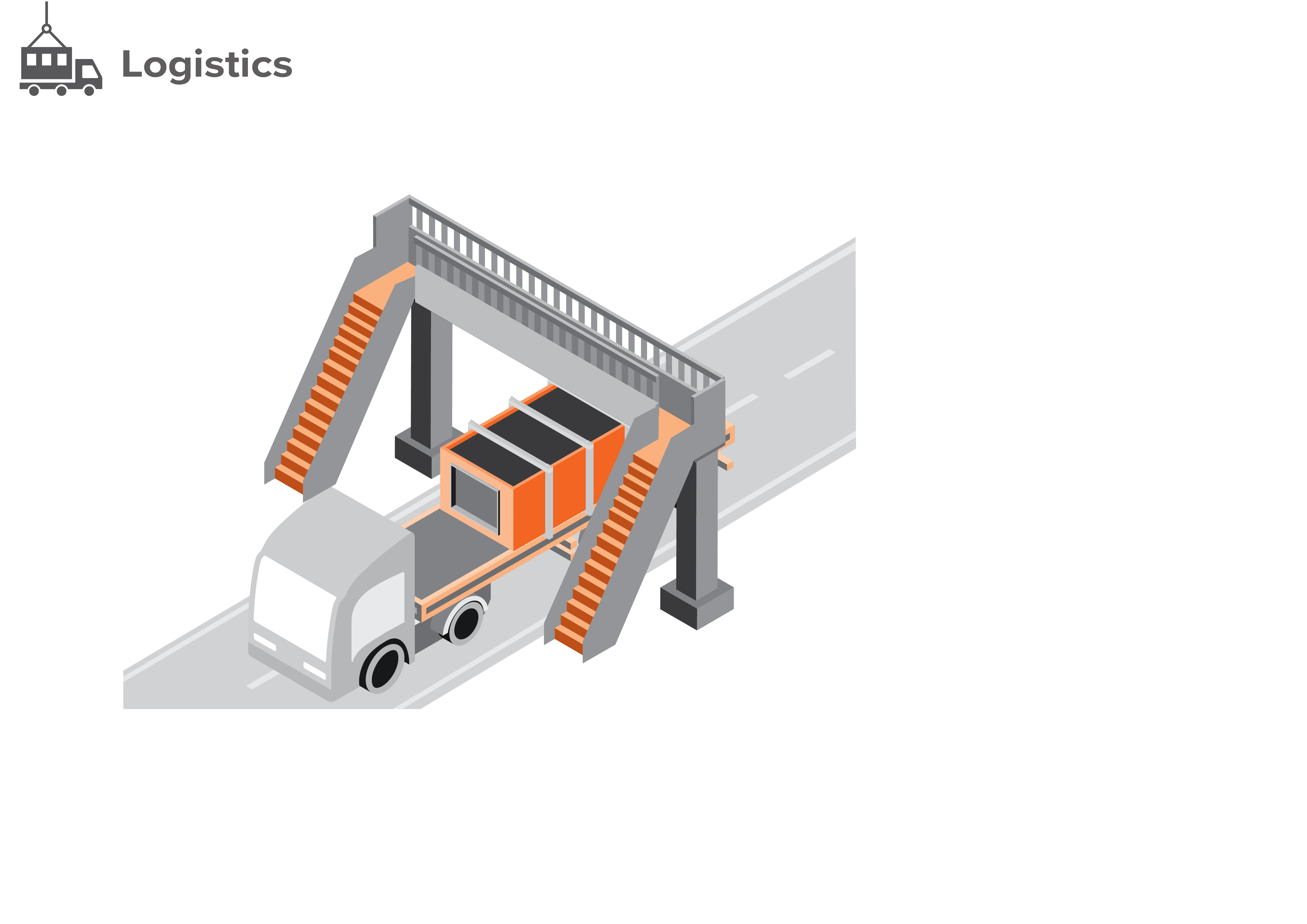
We review Logistics in ID+C context to ensure the efficient transportation and handling of components and work with key stakeholders throughout the project life cycle to ensure:
- Supply Chain Management: Coordinating the movement of materials and components from manufacturers to the construction site.
- Just-In-Time Delivery: Scheduling deliveries to arrive as needed, reducing on-site storage and handling.
- Transportation Planning: Optimising routes and methods for transporting large or heavy components.
- Tracking and Tracing: Using technology to monitor the location and status of shipments in real-time.
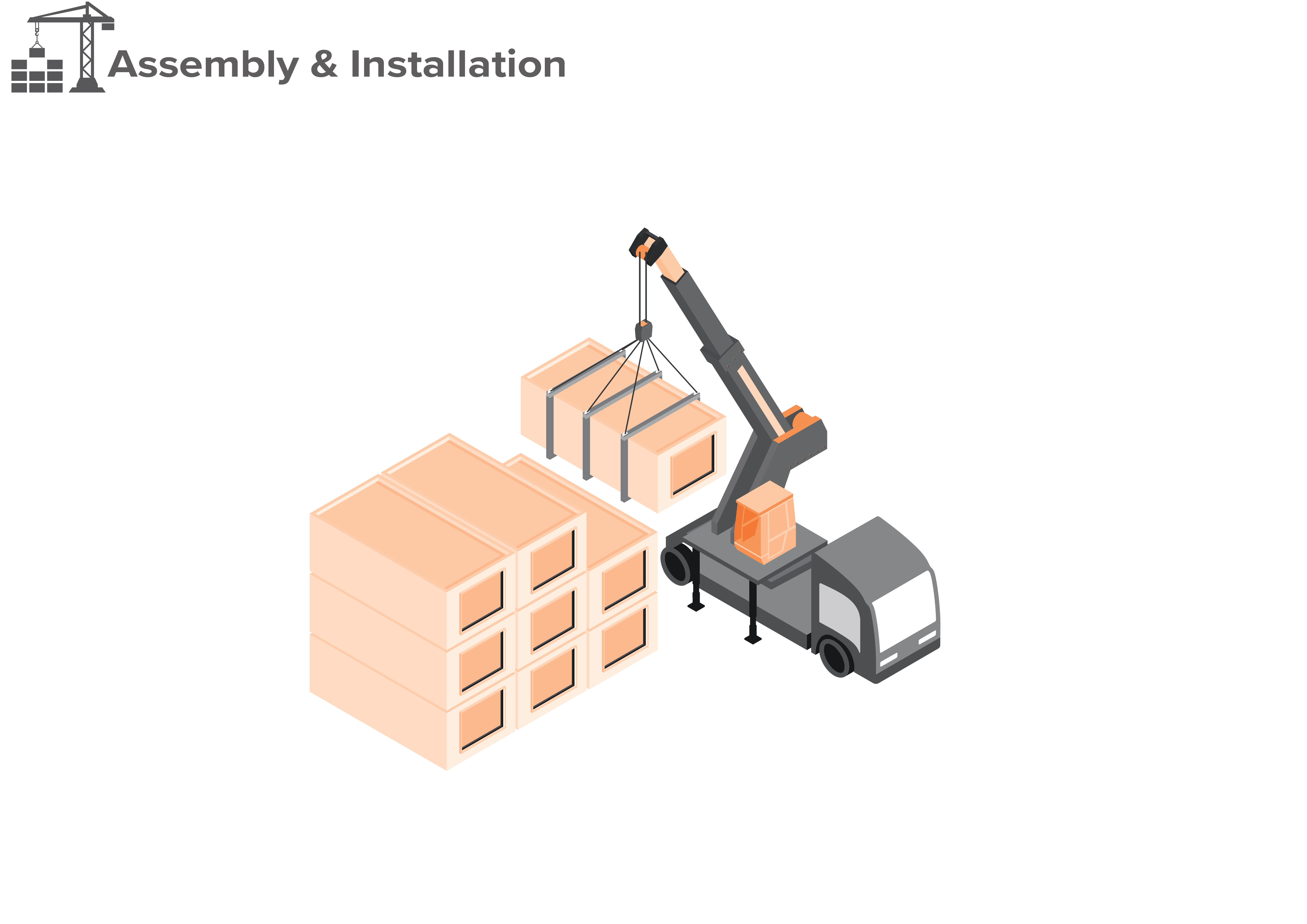
Assembly and Installation involves putting together prefabricated components on-site:
- Modular Construction: Assembling modules that have been manufactured off-site.
- Site Preparation: Ensuring the site is ready to receive and install components efficiently.
- Skilled Labour: Employing workers trained in the specific techniques required for assembly and installation.
- Safety Protocols: Implementing stringent safety measures to protect workers and ensure the integrity of the installation process.

Our Computational Design service leverages digital tools to enhance the design process:
- Parametric Design: Using algorithms to create flexible designs that can easily be adjusted.
- Building Information Modelling (BIM): Utilising BIM to create detailed digital representations of buildings, facilitating collaboration and coordination.
- Simulation and Analysis: Running simulations to predict and optimise performance outcomes.
- Generative Design: Employing AI-driven tools to explore a wide range of design options and identify optimal solutions.
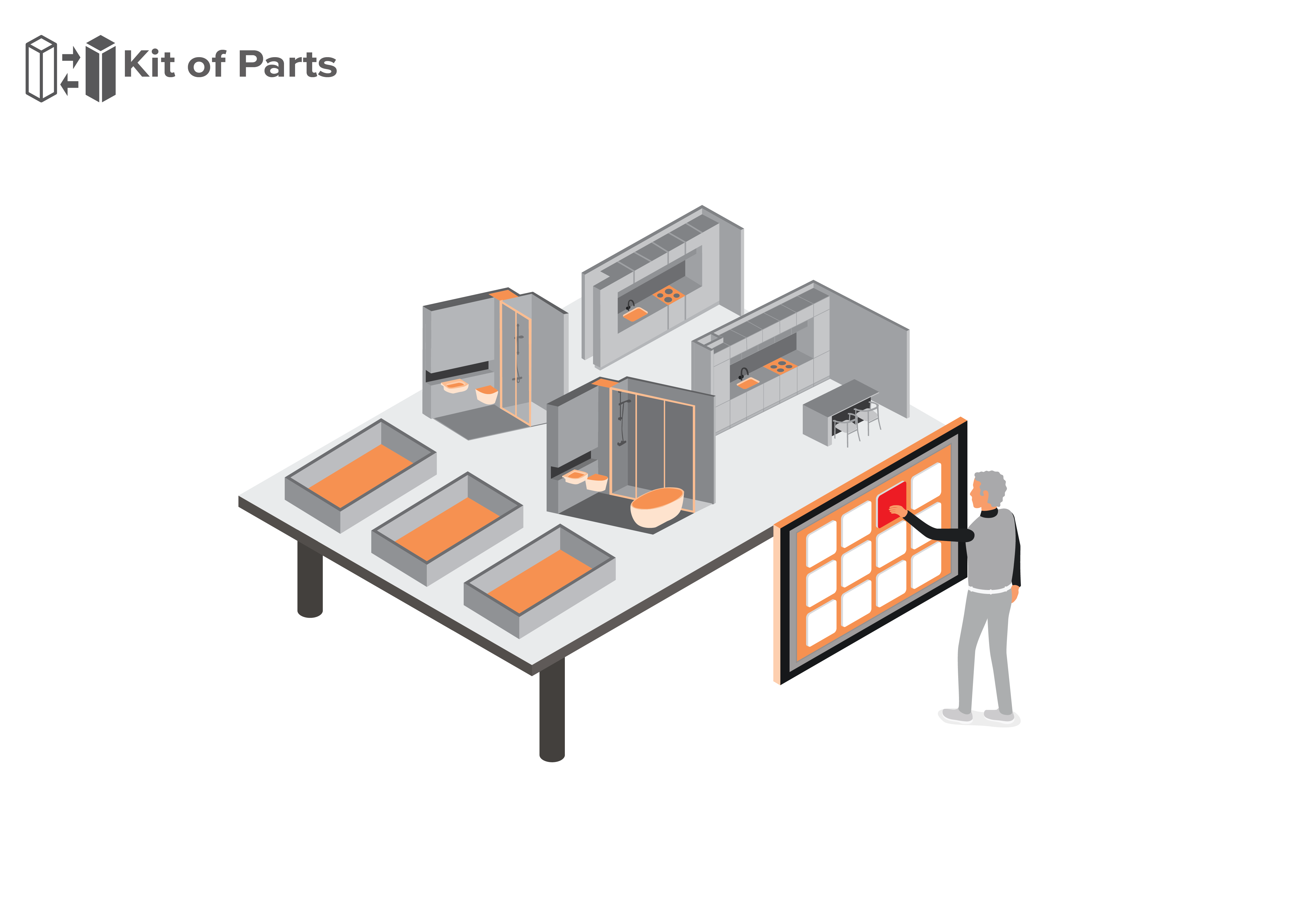
We incorporate a Kit-Of-Parts approach to design delivery; this refers to a set of standardised components that can be combined in various ways:
- Modularity: Designing components that can be easily assembled and reconfigured.
- Interoperability: Ensuring that all parts are compatible and can be connected seamlessly.
- Simplification: Reducing the number of unique parts to streamline production and assembly.
- Customisation: Allowing for customisation within a standardised framework to meet specific project needs.
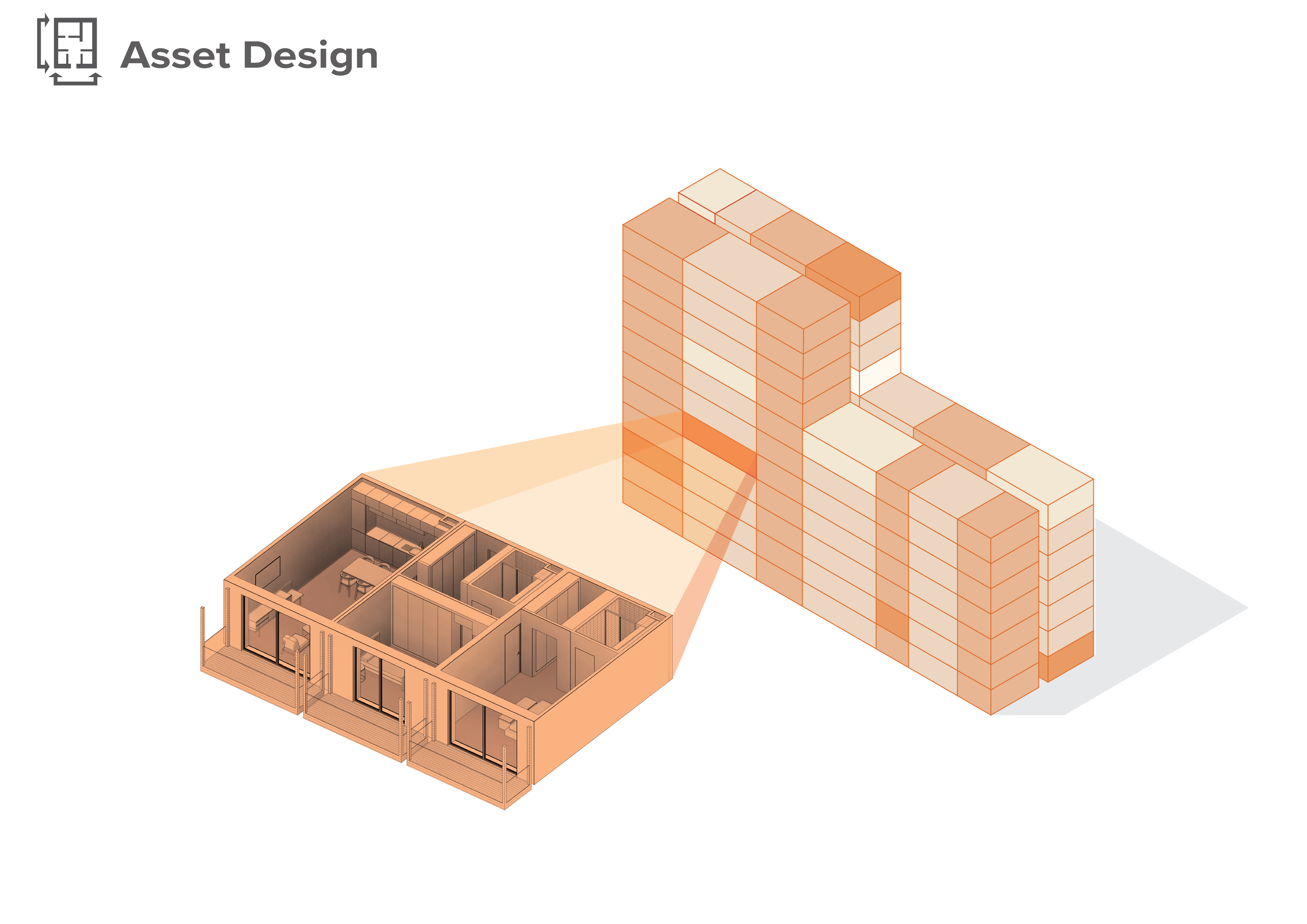
We work with our asset designers to focus on creating assets that are durable, maintainable, and efficient:
- Lifecycle Planning: Designing for the entire lifecycle of the asset, from construction to operation and maintenance.
- Sustainability: Incorporating sustainable materials and energy-efficient systems.
- Maintainability: Ensuring that assets are easy to maintain and repair.
- Resilience: Designing assets to withstand environmental and operational stresses.
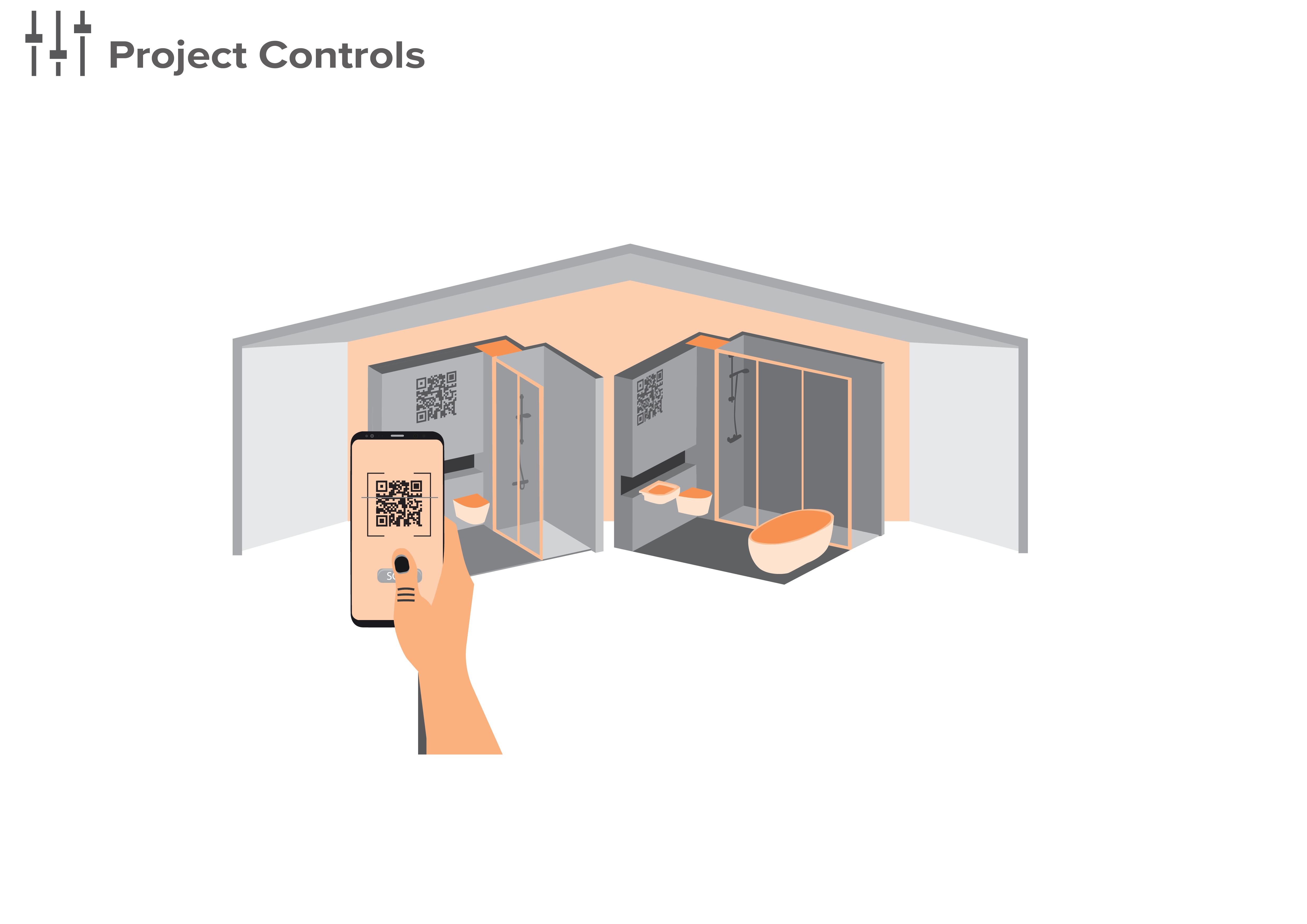
To ensure the smooth integration of ID+C processes we incorporate a Project Controls to help monitor and manage the project to ensure it stays on track:
- Scheduling: Developing detailed schedules and timelines for each phase of the project.
- Budgeting: Establishing and managing the project budget to control costs.
- Performance Monitoring: Tracking progress against milestones and performance metrics.
- Risk Management: Continuously identifying and mitigating risks to keep the project on course.
Benefits of our Industrialised Design and Construction Processes
- Increased Efficiency: By streamlining processes and utilising prefabrication and automation, projects can be completed faster and with fewer delays.
- Enhanced Quality: Factory-controlled environments allow for higher precision and better-quality control compared to traditional on-site construction.
- Cost Savings: Reducing waste, improving efficiency, and leveraging economies of scale can lead to real cost reductions.
- Sustainability: ID+C methods often result in less material waste and lower energy consumption, contributing to more sustainable building practices.
- Improved Safety: Manufacturing components off-site in controlled environments reduces the risks associated with on-site construction work.
The C+W O’Brien Industrialised Design and Construction process represents a transformative shift in the construction industry, leveraging modern technology and manufacturing principles to build faster, better, and more sustainably.